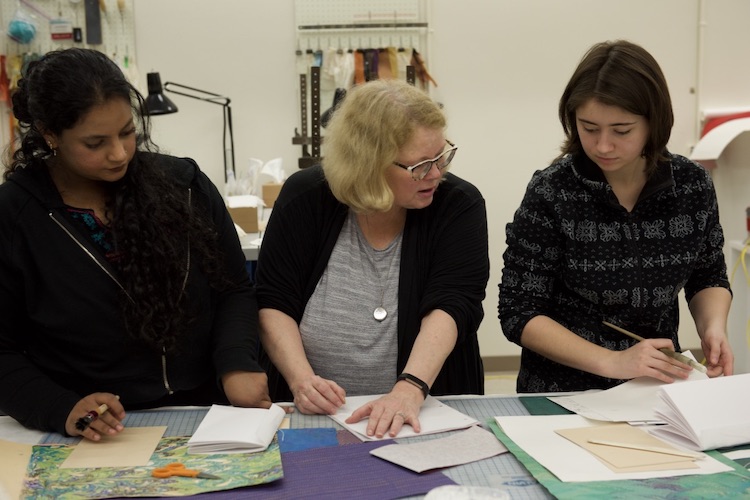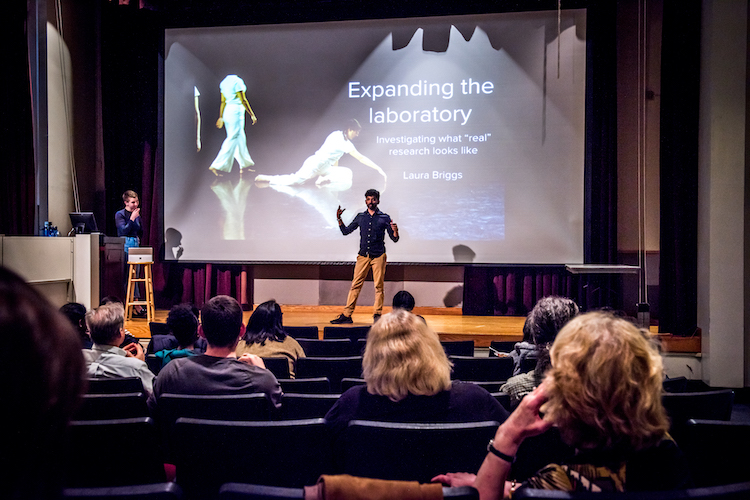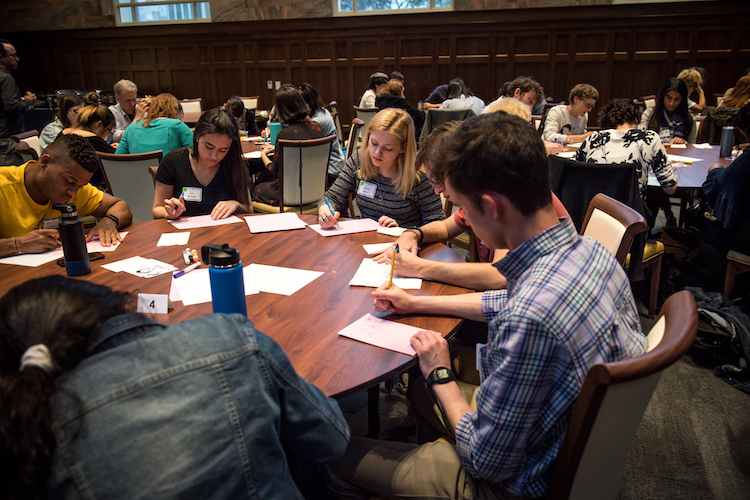About
The Interdisciplinary Exploration and Scholarship (IDEAS) Fellowship reimagines how we learn across disciplines at Emory.
Who We Are
IDEAS unites undergraduate students of all majors who aim to enhance their ability to think across various disciplines and unify their liberal arts education. Students have the opportunity to enter the fellowship as Sophomores have the option to continue throughout their college journey.
During their tenure, IDEAS Fellows serve as ambassadors to the broader student body and as catalysts for liberal learning through activities that promote and encourage the four goals of the program:
- To understand and implement the core values of a liberal education: independent thinking, self-reflection, and the capacity to understand questions and issues from multiple perspectives;
- To learn to think across and between disciplines, to apply an interdisciplinary perspective to the complex problems society faces in the twenty-first century;
- To integrate their educational experience into a coherent whole;
- To articulate the value of their educational experience and understand how that experience informs all aspects of a fully realized ethical, personal, professional, and civic life.
IDEAS has introduced sidecar courses, which are unique interdisciplinary courses that emphasize the intersection of two disciplines. For instance, courses like "Thinking Through Language" (French and Italian & NBB) and "Power of Black Self-Love" (AAS & ILA) have been developed. Collaborating with On Recent Development by Emory Researchers (ORDER), IDEAS has launched the course "What Does it Mean to be Human?"
Fellows foster a sense of community by organizing weekly lunches with faculty and special guests. These guests can vary from faculty members of different departments, the Dean of the College of Arts and Letters, peers from various campus clubs and organizations to influential figures from the Atlanta area. Additionally, Fellows actively contribute to campus dialogue by hosting and taking part in events with student-led organizations
IDEAS fosters collaboration both within and beyond the Emory community to enhance the learning journey. By hosting Story Circle events, participants are encouraged to share their unique narratives and viewpoints. The Innovation Fund offers grants to student organizations for interdisciplinary initiatives, such as the Emory Arts Underground Showcase and Emory Sustainability Case Competition.



